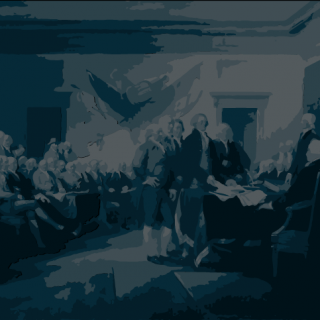“Confidence in vaccines? Lost in 2018″
Read the following article that appeared on the Doctor33:
If people don’t trust vaccines, perhaps it is not the fault of the social or pseudoscienziati hucksters, vaccines marketed before the end of the trials, or the media, where too early is link dead suspect to lots of particular pharmaceutical companies.
Confidence in vaccines, according to the Eurobarometer survey of march 2019, it would seem to have been cracked in the entire population in a year, 2018.
A research presented at the University of Milan at the conference “Science and Dogma” to the care of the Foundation to Align health and Health care, Group NoGrazie Isde Doctors for the Environment, Slow Medicine, and Medicine Democratic (together with the Italian Association for Agroecology, introduced by the delegate of the Rector for Sustainability), catching fleas, the data of the last report and the previous one.
Eurobarometer this year out as a relative majority, 48% of europeans believe the vaccines are sometimes harbingers of serious adverse events (46% in Italy; in France, the absolute majority: 60%), but in the previous report, only a minority contained in the population doubted the safety of vaccines.
Always a surprise, the internet and social would not be, from the words of the interviewees in the Report, sources are very important to inquire about health: in Italy only the 5% of the respondents see (also) social, and 10% other internet websites (a bit less than in Europe). But pay attention to the following data: in Italy only 1% considers reliable, social, and 4% other internet sites. Even less in Europe; in France the social reliability zero. “It denies, implicitly, the belief that the internet and social networking sites are taking important roles in the hesitation vaccine”, conclude the authors of the research.
Would be not only affected but even collapsed the confidence in the safety of vaccines in less than a year. It is asked in the report if the barrage of pro vaccines made condently from the medical world has not unleashed in public antibodies, however, perhaps more directed at the tone of the information to the science itself.
The conference, which was attended also Csermeg, Wonca Italy, and the associations for organic agriculture Firab Aiab-Rirab, has led to the emergence of the non-surface nuances that distinguish the “Pact transversal for the Science,” signed by distinguished researchers (Roberto Burioni, Silvio Garattini), as well as by politicians, such as Beppe Grillo and Matteo Renzi at the beginning of the year, and the Appeal to a science in the service of the community supported two months after the associations sponsoring the conference in milan. The first invokes non-tolerance towards forms of pseudoscience and/or pseudomedicina that endanger the public health such as the denial of the holocaust of AIDS, the anti-cowhocks, the therapies are not based on evidence: “A rigour that is acceptable, but which is contradicted by the fact that part of current medical practice is not based on scientific evidence decent, without this raises the barbs of the extensors of the appeal”.
On the contrary, the promoters of the conference believe that “maintain tolerance, in the debate in the scientific field, is one of the most important lessons of the philosophers of the Twentieth century” and that “science, free from the interests and pressures, will solve the problems, not on the basis of prejudice or exclusion on the part of scientists numerically prevalent in a certain period of time, but applying rigorously the criterion of observational research, and experimental and always accepting of a challenge or extend previous knowledge. This is also reflected in the art. 33 of the Constitution (“art and science are free and free is their teaching”), where it is implied that a debate based on the scientific method can not be suppressed, much less to instances of private”.
Article by Mauro Miserendino taken from Doctor33 of 27-5-19.
Original source: http://blog.ilgiornale.it/locati/2019/05/29/la-fiducia-nei-vaccini-persa-nel-2018/






